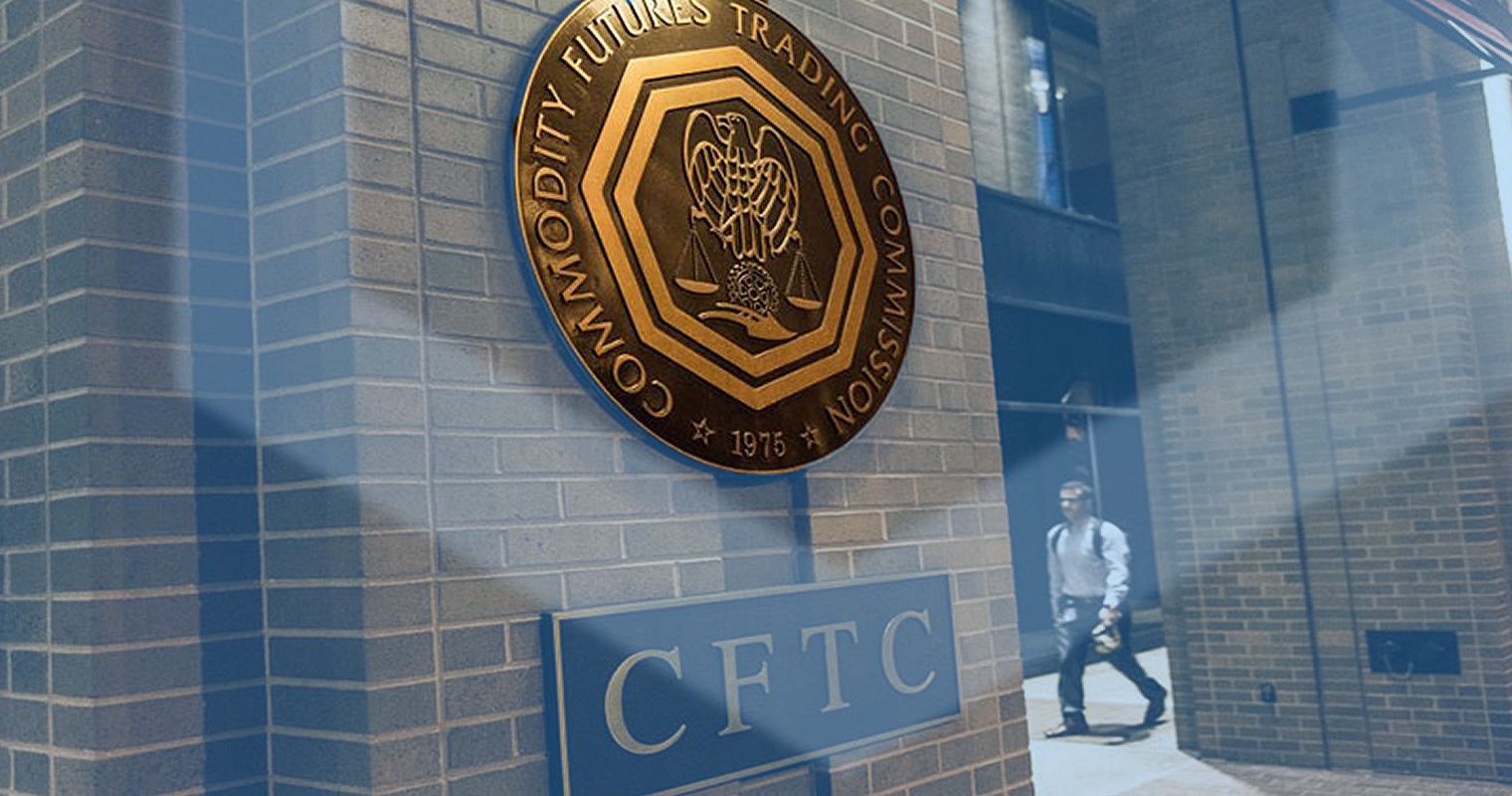Trump Administration Considers Shifting Crypto Oversight to CFTC, Reducing SEC Influence
27.11.2024 16:00 1 min. read Kosta Gushterov
The Trump administration is considering expanding the Commodity Futures Trading Commission's (CFTC) authority to oversee the cryptocurrency market, potentially positioning it as the primary regulator for Bitcoin (BTC) and Ethereum (ETH), moving away from the Securities and Exchange Commission's (SEC) dominance.
The plan aims to classify these assets as commodities, which would allow the CFTC to apply a lighter regulatory approach, encouraging innovation in the crypto space.
Former CFTC Chair Christopher Giancarlo supports the move, believing the agency could begin regulating digital commodities effectively with the right resources. This proposal contrasts with the SEC’s more aggressive enforcement style, which has been criticized for stifling the industry. The push to empower the CFTC aligns with the Trump administration’s goal to reduce regulatory barriers.
The SEC and CFTC have long disagreed over how to classify digital assets, creating regulatory uncertainty. The new plan would clarify these roles, with the CFTC already asserting jurisdiction over Ethereum’s futures contracts. A bipartisan bill, the “BRIDGE Digital Assets Act,” is also in the works to foster collaboration between the agencies and establish a unified regulatory framework.
While the CFTC is seen as more business-friendly, concerns remain about its ability to handle the expanded responsibilities due to its smaller budget and staff compared to the SEC. Additionally, traditional CFTC constituencies, such as agricultural traders, worry about the impact of the new responsibilities. Addressing these concerns will be key to gaining broad support for the plan.
-
1
U.S. Crypto Investors Hit by IRS Letter Surge as Tax Crackdown Looms
29.06.2025 11:00 3 min. read -
2
Ripple Drops Cross-Appeal, Moves to End SEC Case “Once and for All”
28.06.2025 12:30 2 min. read -
3
Europe’s Largest Euro-Denominated Spot Crypto Exchange Secures License Under MiCA
29.06.2025 12:00 2 min. read -
4
SEC Approves Grayscale ETF Tracking Top Five Cryptocurrencies
02.07.2025 9:06 1 min. read -
5
Kazakhstan to Establish State Crypto-Reserve Under Central Bank Oversight
30.06.2025 17:00 2 min. read
U.S. Regulators Define Crypto Custody Rules for Banks
U.S. banking regulators have issued fresh clarity on how financial institutions should handle cryptocurrency custody.
Crypto Week Begins: U.S. Congress Advances Key Bills as Trump Pushes for Regulatory Clarity
The United States has entered a pivotal week for the crypto industry as lawmakers and digital asset advocates prepare for what’s being dubbed “Crypto Week.”
Senate Confirms Crypto-Linked Nominee Jonathan Gould to Head OCC
The U.S. Senate has confirmed Jonathan Gould as the next head of the Office of the Comptroller of the Currency (OCC), moving his nomination to President Donald Trump for final approval.
Australia Tests CBDCs in 24 Separate Real-World Finance Use Cases
Australia is stepping up its digital currency efforts with the next phase of Project Acacia, a pilot focused on testing central bank digital currency (CBDC) and tokenized finance in real-world applications.
-
1
U.S. Crypto Investors Hit by IRS Letter Surge as Tax Crackdown Looms
29.06.2025 11:00 3 min. read -
2
Ripple Drops Cross-Appeal, Moves to End SEC Case “Once and for All”
28.06.2025 12:30 2 min. read -
3
Europe’s Largest Euro-Denominated Spot Crypto Exchange Secures License Under MiCA
29.06.2025 12:00 2 min. read -
4
SEC Approves Grayscale ETF Tracking Top Five Cryptocurrencies
02.07.2025 9:06 1 min. read -
5
Kazakhstan to Establish State Crypto-Reserve Under Central Bank Oversight
30.06.2025 17:00 2 min. read


